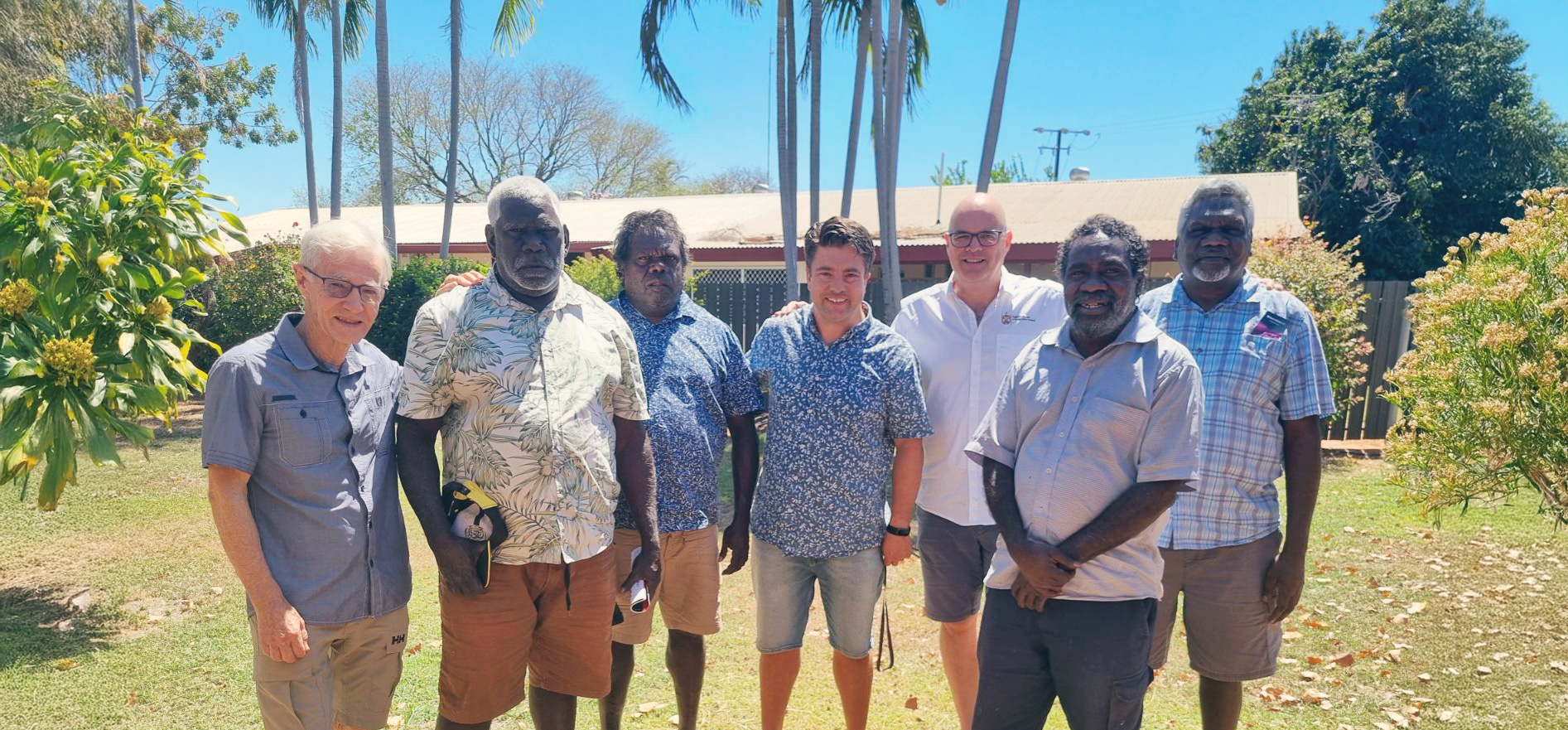Understanding honour and shame through Coronavirus
CMS missionaries Dave and Leoni Painter teach at Phnom Penh Bible College in Cambodia. Here they explain how COVID works in a culture of honour and shame.
Different responses to COVID
Like most places in the world, mask wearing in Phnom Penh is now ubiquitous, well almost. In early March, masks became compulsory along with a heavy fine for failure to comply—$25USD.
The rich in this city have ready access to well-equipped hospitals, can easily afford the fines for non-compliance, yet they appear to be the most willing to mask up. It is common to see someone driving a luxury vehicle, with the windows up wearing a mask.
At the height of pandemic tension earlier this year, a wealthy family living near us sent their young son away from the dangers of the city, dressed in face mask, face screen and a hazmat suit, seated in the family limousine with all the windows up.
At the other end of the social spectrum, the poor seem to rarely bother with masks. Garbage collectors, rubbish recyclers and beggars mostly do not make the effort and expense to mask up in public. And yet these are the people with minimal financial resources who can least afford to pay the fines, miss work through illness, and certainly don’t have access to good doctors, expensive medicines. or one of the rare ICUs.
In a shame culture, to be declared COVID positive is a massive blow to one’s esteem. The higher one’s status, the further there is to fall.
Why this anomaly?
I think it is due to status. To be declared COVID positive is the contemporary equivalent of being declared ritually unclean (in the Old Testament sense).
Coronavirus = shame
When a person is diagnosed with COVID in Cambodia, all their recent contacts become immediately suspect. Their house has plastic tape placed around it to declare it off-limits to outsiders. Those inside may be confined for three weeks or longer.
In a shame culture, to be declared COVID positive is a massive blow to one’s esteem. The higher one’s status, the further there is to fall. Once someone is declared ‘positive’, until there is an official negative, everyone, rich or poor, is given the status of social leper —someone to be avoided, even despised. What did they do to bring this upon themselves, their families, and those they have been in contact with?
But the poor experience this social shaming every day of their lives, so for them little is changed.
Here in Cambodia, we have many opportunities to share the gospel of Christ. It is good news for all, for it offers freedom from shame. As it says in 1 Peter 2:6, “the one who trusts in him (Jesus Christ) will never be put to shame.”
Jesus gives crown of glory
For those who experience shame every day from their status in this society, this is good news indeed. The suffering they will endure from being despised by family and community for their new allegiance to Christ can be easily overlooked: “rejoice that you participate in the sufferings of Christ, so that you may be overjoyed when his glory is revealed” at the end of this age (1 Peter 4:13). Those Christians who have missed out on the places of honour in this temporary world can look forward to the time when Jesus returns, and they receive “the crown of glory that will never fade away.”
GO
There are opportunities to serve in a range of different ministries in Cambodia and other South East Asian nations. Contact your local branch to start a conversation.












































































































